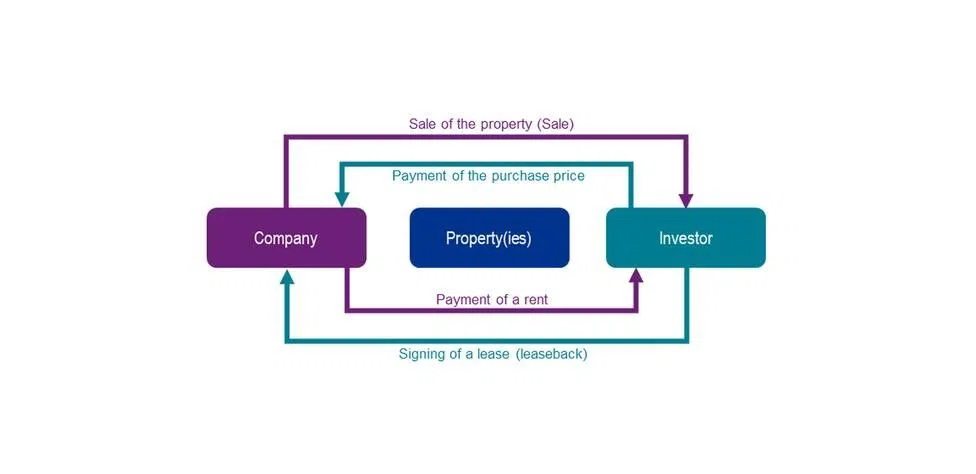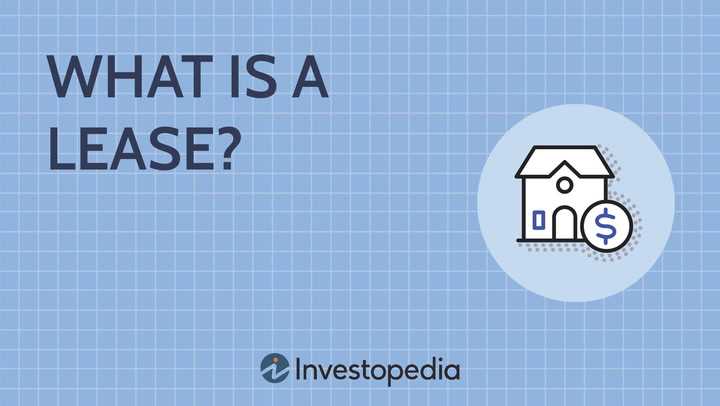What is a Lease?
A lease is a legal contract between a landlord and a tenant that allows the tenant to use and occupy a property for a specific period of time in exchange for payment of rent. It is a binding agreement that outlines the rights and responsibilities of both parties.
In summary, a lease is a legally binding contract that allows a tenant to use and occupy a property for a specific period of time in exchange for payment of rent. It provides both landlords and tenants with rights and responsibilities and helps ensure a stable and secure rental experience.
The Complete Guide to Renting: Essential Tips and Information
1. Determine Your Budget

Before you start searching for a rental property, it is important to determine your budget. Consider your monthly income and expenses to figure out how much you can afford to spend on rent. Remember to factor in additional costs such as utilities, parking, and maintenance fees.
2. Research the Rental Market
Take the time to research the rental market in the area where you want to live. Look for information on average rental prices, vacancy rates, and any local regulations or laws that may affect renting. This will help you understand what to expect and make informed decisions.
3. Start Your Search

4. Visit the Properties

When visiting potential rental properties, pay attention to the condition of the property, the neighborhood, and any amenities or facilities that are important to you. Take note of any damages or issues and discuss them with the landlord or property manager. Ask questions about the lease terms, maintenance responsibilities, and any additional fees.
5. Review the Lease Agreement
Once you have found a suitable rental property, carefully review the lease agreement. Make sure you understand all the terms and conditions, including the duration of the lease, rent payment schedule, security deposit requirements, and any restrictions or rules. If you have any concerns or questions, discuss them with the landlord before signing the agreement.
6. Move-In Inspection
Prior to moving in, conduct a thorough inspection of the property with the landlord or property manager. Document any existing damages or issues and take photos if necessary. This will protect you from being held responsible for pre-existing damages when you move out.
7. Understand Your Rights and Responsibilities
As a tenant, it is important to understand your rights and responsibilities. Familiarize yourself with local tenant laws and regulations to ensure you are protected. Be a responsible tenant by paying rent on time, maintaining the property, and respecting the rights of your neighbors.
8. Communicate with Your Landlord

Establish open and clear communication with your landlord or property manager. If you encounter any issues or have maintenance requests, report them promptly. Regularly communicate about lease renewals, rent increases, or any other changes that may affect your tenancy.
9. Prepare for Moving Out
By following this complete guide to renting, you can navigate the rental process with confidence and make informed decisions. Remember to always read and understand your lease agreement, communicate effectively, and be a responsible tenant. Happy renting!

Emily Bibb simplifies finance through bestselling books and articles, bridging complex concepts for everyday understanding. Engaging audiences via social media, she shares insights for financial success. Active in seminars and philanthropy, Bibb aims to create a more financially informed society, driven by her passion for empowering others.
